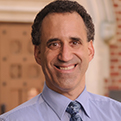
Clean Energy Law
Law professor Joel Eisen is an expert on clean energy law and policy. He can discuss energy cases in the news and the laws and policies about renewable energy and the electric grid in the U.S., as well as their impact on addressing climate change.
“When it comes to deploying renewable energy, there are numerous federal and state laws that can impact specific projects. And newer technologies that can make the grid more clean, more effective, and more resilient face many barriers to successful implementation.”
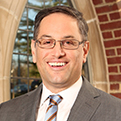
Environmental Law
Law professor Noah Sachs is an expert in international energy and environmental law. His research is in climate change and hazardous waste regulation. He can discuss federal legislation addressing climate change, international negotiations on climate, and environmental cases such as pipeline spills in the news. He is an expert on toxic floodwaters and the legislation needed to address these risks:
“There are maybe 100,000 landfills across the US, half of them along the coasts and typically located in places which couldn’t be used for anything else, because they are low-lying, water-soaked, or flood-prone,” said Sachs. “When the water comes in, it will uncover and release all that waste and the industrial wastes of whatever companies were around during the life of the local landfill.”
More about Noah Sachs
Climate & Fall Foliage
Geography professor Stephanie Spera focuses her research on climate change and landscape sustainability. Her most recent research studies the effects of climate change on fall foliage.
“During the past 30 years, most United States’ National Parks have directly experienced the effects of global changes in climate and increases in visitation, particularly during the spring and fall shoulder seasons,” said Spera. “My research looks at how this has affected fall foliage in Acadia National Park.”
“Understanding the effects of climate change on seasonality in the National Parks is essential for park managers, visitors, and those living and working in the surrounding towns. Our research shows that the timing of peak fall foliage is now occurring almost two weeks later than it did in the 1950s, and future climate projections predict the timing of peak fall foliage to occur between October 30 and November 2 by 2060.”
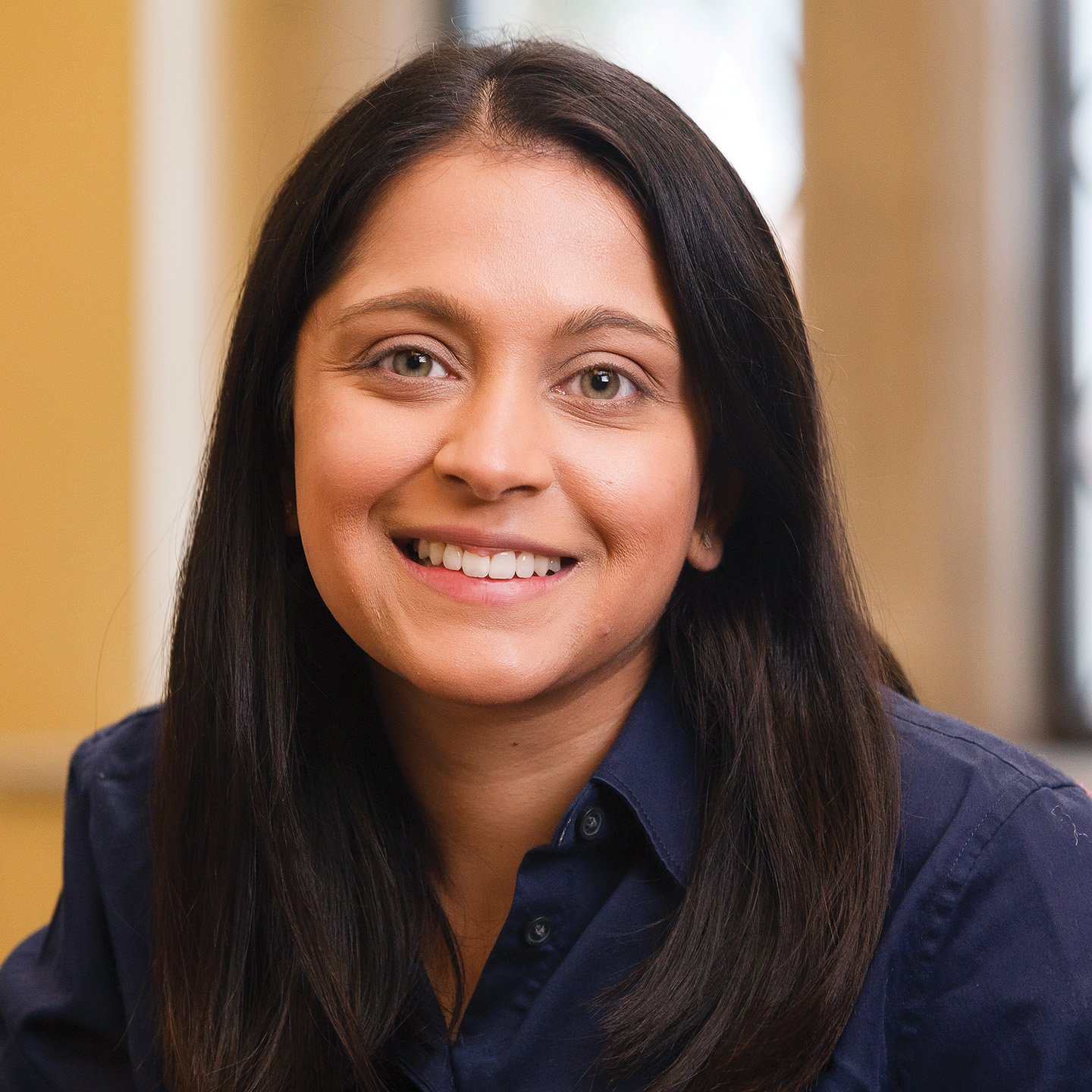
Managing Climate Risks
Analytics & operations professor Shital Thekdi focuses her research on risk, include managing risks caused by natural disasters and climate change.
“There are lessons to be learned after natural disasters such as hurricanes, wildfires, and even extreme heat events,” said Thekdi. “Businesses must have a solid risk management plan before these events happen to protect the health and safety of workers and minimize damage, and they should prepare for natural disasters even if those disasters are not zoned or historically documented. They also need to recognize that a variety of risk events can happen, and have a plan for recovering from these events.”
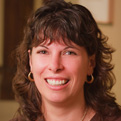
Environmental Justice
Mary Finley-Brook, geography and the environment professor, is an expert in natural resource management, climate change mitigation, and climate justice. She can discuss how these projects, including pipelines, impact Indigenous peoples and local communities.
“Pipeline routing often follows the path of least resistance, which is often on cheap land,” said Finley-Brook. “But such land is often cheap because of a history of discriminatory practices. For example, in central Virginia’s Union Hill, a community founded by freed slaves after the Civil War, property values were low because of policies that undervalued Black-owned land and failed to recognize the value of communally owned property. There was also a legacy of heavy infrastructure being built near town, which depresses property values further.”
More about Mary Finley-Brook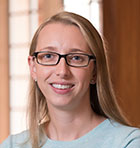
Wildlife & Climate Change
Biology professor Kristine Grayson is a field ecologist who studies how future climate changes will impact the population and spread of certain species, including invasive forest pests such as the spongy moth and the emerald ash borer. She also specializes in amphibian and reptile conservation, including the eastern red-backed salamander and the tuatara, a reptile only found in New Zealand.
“Amphibians, unfortunately, are a group in severe decline,” explains Grayson. “Over 40% of species are threatened. My research group is hoping to detect population trends in these species as well as think about how climate change plays a role. Our hope is that we can take lessons from a more common species, like the salamander, and apply it to more endangered ones.”
“Tuataras have temperature-dependent sex determination like many reptiles, so whether male or female offspring is produced is determined by the temperature of the nest. And, of course, under climate change we're studying whether there's the potential for this population to become more male-biased in the future,” Grayson said.
More about Kristine Grayson
Environmental Economics
Economics professor Timothy Hamilton is an expert on environmental economics. He can discuss how various climate policies and laws impact economic decisions among producers and consumers. In some recent work, he discusses the efficacy of carbon border taxes:
“Carbon border taxes are designed to level the playing field by holding imports responsible for their greenhouse gas emissions the same way domestically produced products are. But carbon border taxes have economic, legal, and environmental ramifications. A question that economists like myself are asking is whether a carbon border tax would even be effective as a tool as countries try to slow climate change,” said Hamilton.
“Generally, the research suggests that border carbon taxes that accompany carbon pricing could possibly reduce emissions. One study found that implementing border carbon taxes had the potential to lower the carbon leakage rate of imports and even increase the overall emissions reduction by as much as 5%.”
More about Timothy Hamilton
Natural Disasters
David Kitchen is a volcanologist and geologist with expertise in climate change and natural disasters. He can discuss the science behind volcanic eruptions, threats to the populations living near active volcanos, and the connection between climate change and natural disasters.
"Climate is what we expect, weather is what we receive. One single year does not indicate that global or regional climate is changing, but the accumulation of such “anomalies” over many years (15+) is a strong indication that climate is changing and a new “normal” established."
More about David Kitchen
Landscape Ecology
Todd Lookingbill, an expert in landscape ecology and protected areas management, is a professor in the Department of Geography, Environment, and Sustainability.
His current research examines how changes in climate are exacerbating the urban heat island effect in Richmond’s historically black neighborhoods and fundamentally altering old-growth forests of the Pacific Northwest.
“Because there are fewer trees in urban areas, the surfaces tend to absorb more heat and they also tend to be pavement that the water hits and runs off. So, the cooling effects of water are less prevalent,” said Lookingbill. “As we get warmer and warmer temperatures, this disparity is going to get worse and worse.”
More about Todd Lookingbill
Conservation
Biology professor Peter Smallwood is an expert in conservation, biodiversity, and science policy. He has researched conservation in conflict zones and is also co-author of a book examining the benefits to society when healthy natural habitats develop on former battlefields and other military landscapes.
“The ecosystems of protected areas, such as parks and preserves, provide vital benefits for humans and nature,” said Smallwood. “One recent study estimates that nearly 1 million square miles – 5% of the Earth’s dry land surface – is currently designated as military training areas. These zones could be protected with relatively little investment when combined with social, cultural, and political goals, such as memorializing historical events, and could become ecologically valuable places.”
More about Peter Smallwood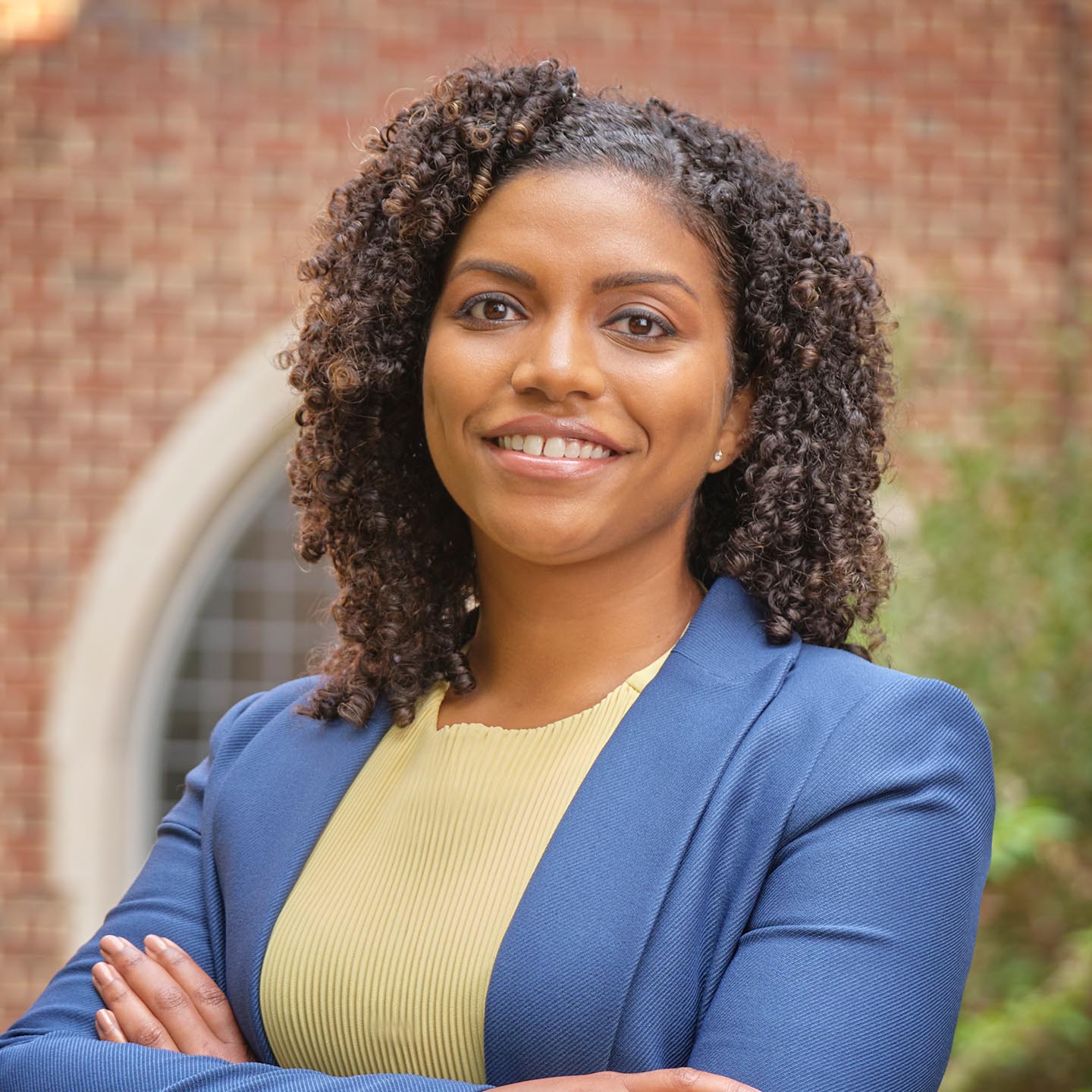
Infrastructure & Sustainability
Danielle Stokes, a law professor,is an expert in the areas of property, environmental law, and environmental justice, with a focus on equity in land use planning.
She has written about the need to centralize the approval process for vital infrastructure — a school of thought known as renewable-energy federalism. “Until there is some sort of federal agreement on rapid deployment of renewable energy, or high-speed rail, or electric vehicle charging stations — it's increasingly difficult to have systems that in the aggregate will effect change,” she said.
Her scholarship also calls for collaborative land use planning efforts to streamline access to federal funding for environmental justice communities, and she is author of the forthcoming From Redlining to Greenlining.
